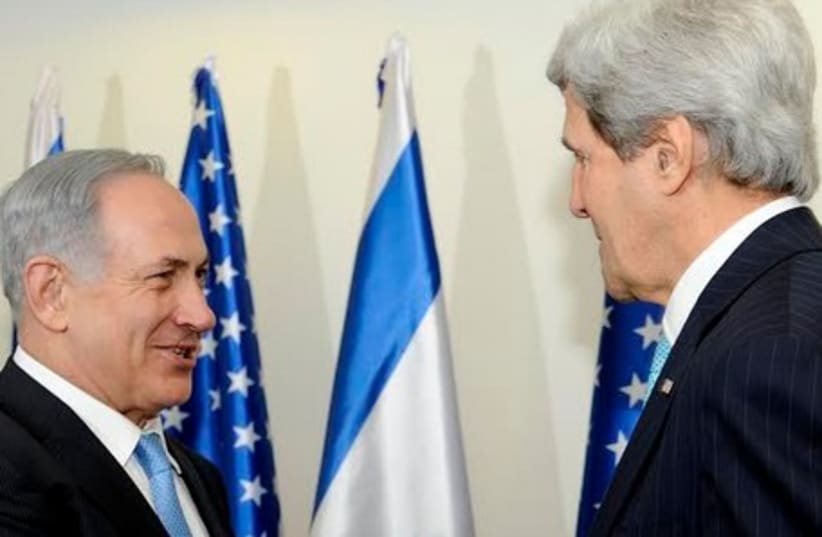Diplomacy: No deal, but a peephole into mindsets
The inclusion of Pollard into the discussion shows that Netanyahu really does not want to change his coalition government, and that he is very comfortable with its current – rather unwieldy – composition.
